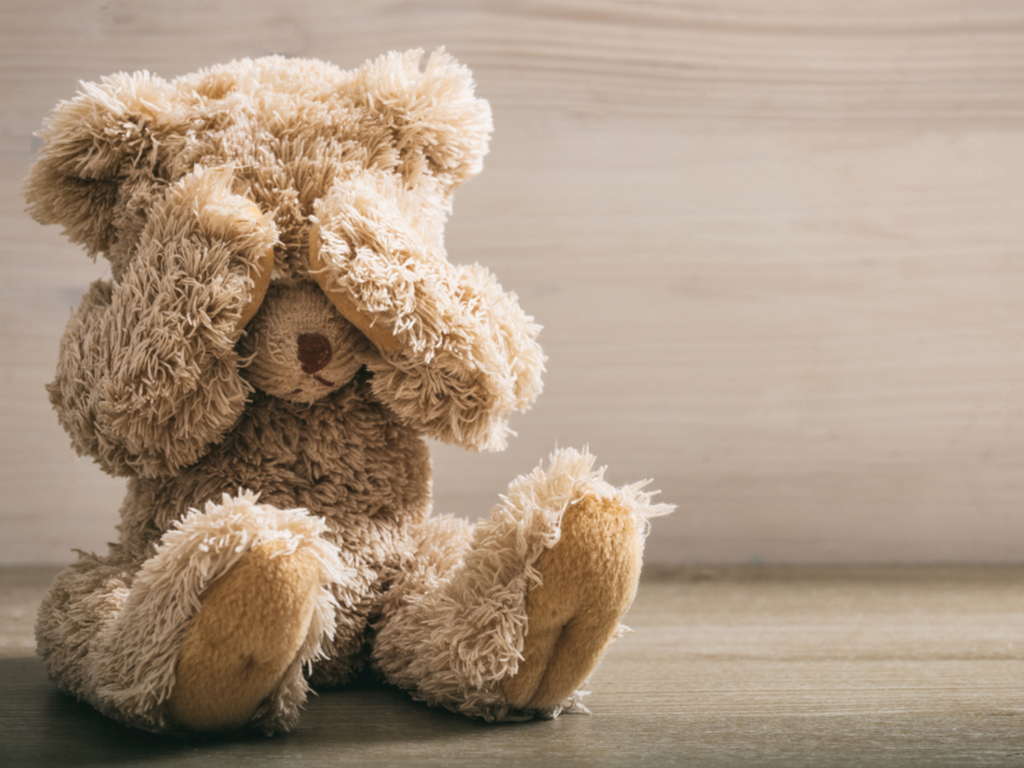
Hopelessness in psychology is generally understood to be the belief that one will not be able to feel positive emotions again. It can also be defined as the feelings of not having a possibility for their life to improve.
Causes of Hopelessness in Psychology
Hopelessness in psychology is a concept that can be examined scientifically. Psychologists have studied and attempted to define the concept of hopelessness, but as of right now there is no known cause.
However, there are risk factors that seem to be related to hopelessness. There have been documented other feelings and conditions related to the feeling of hopelessness as well. Read on to detail some of these risk factors.
Risk Factors of Hopelessness in Psychology
It has been theorized that individuals with feelings of hopelessness have a tendency to attribute the causes and outcomes of events to three categories.
- Internal (related to oneself)
- Stable (not likely to change over time)
- Global (occurs in all cases and is not limited to a particular instance)
For example, a student receives an F on an exam. They attribute the grade to have been caused by internal (“I am bad at this subject”), stable (“I will never be able to do well in this subject and pass an exam”), and global (“I am just bad at school and will always fail exams no matter what subject”). Feeling these factors makes them more likely to feel hopeless than someone else who can logically justify their actions. These people are more likely to blame external causes (lack of sleep), believe their grades can change over time (unstable), or who believes their grade is a one-time occurrence (local).
Relation to Depression
Hopelessness in psychology studies has been found to be present in individuals with depression. Meaning that the presence of hopelessness is more likely when depression is present than when it is not.
Who is Likely to Experience Hopelessness?
There is no single answer to this question just like there is no one answer to what causes hopelessness in psychology. Research has indicated some possible precursors to hopelessness. One of these precursors is childhood emotional abuse.
For example, an emotionally abused child is often likely told demeaning things about themselves. They might then come to believe this, setting the stage for future internalizing for the things that happen in their lives.
Unfortunately, at this point, there is not enough evidence to conclusively determine whether emotional abuse in childhood will definitely lead to future hopelessness. However, it is likely that the development of hopelessness is aided by the interaction of multiple factors. For instance, an emotionally abused child who is prone to anxiety might be more likely to experience hopelessness.
It is also important to consider that the environment matters. Perhaps a child was emotionally abused in the past but is taken out of that environment. They are then surrounded by positive adult role models who affirm the child’s value as a human being. These actions might be enough to curtail the tendency to feel hopeless for some children but not for others. Just like other studies of human behavior, hopelessness in psychology is a somewhat elusive concept.

What Does Hopelessness Feel Like?
When feeling hopeless, an individual is also likely to be depressed. Note that people with depression do not necessarily have an intense feeling of sadness, though.
Hopelessness is the belief that things cannot get better, no matter what one does. This means the person suffering may feel any action is ultimately worthless, so why even bother trying to improve the way things are?
There is also the feeling that one will not be able to feel happiness or other positive emotions anymore. Instead, the person feels trapped within their own negative emotional state, unable to escape or feel joy.
Some people might feel this way occasionally during an extreme event (like grieving or a sudden major change like being fired from a job). However, they can often tell themselves that while they feel this way now, as time passes, they will begin to heal. Hopelessness is different in that there is the feeling things will not get better, and no amount of action taken will be able to alter that truth.
HELP IS AVAILABLE FOR HOPELESSNESS
If you are feeling hopeless, please don’t hesitate to reach out to a lifeline. There is hope and things can change. 800-273-8355.